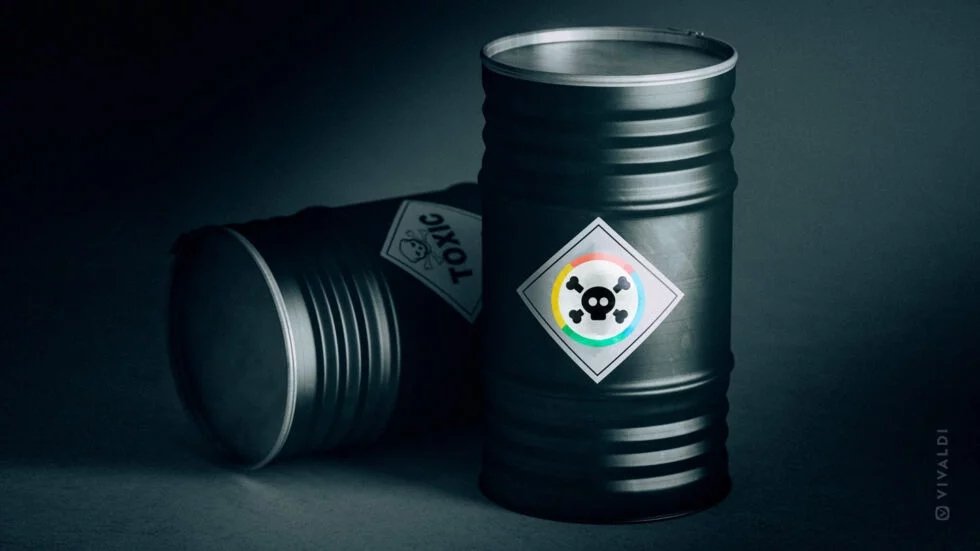Google's recent proposal for the Web Environment Integrity API has sparked controversy between developers and web companies. Many argue that it gives Google too much control over access to the web.
Google's new API will allow websites to find information about the operating system, the program tourand other software of a user to determine whether the browser environment is “trusted”.
Brave CEO Brendan Eich complained public API, calling it "garbage that Google puts in Chromium". His engineer Vivaldi, Julien Picalausa, also opposed the proposal, warning that it gives unlimited power to certain entities and goes against the principles of an open web.
Mozilla engineer Brian Grinstead, echoed those concerns, stating that the proposal "contradicts our principles".
The controversy surrounding the Web Environment Integrity API highlights the influence Google wields over web standards through its dominance of the development of the Chromium browser.
Most browsers are now based on Chromium, and some argue that Google already has too much unilateral control over the web platform. This could lead Brave, Vivaldi or others to drop Chromium, or Google services and APIs.
The potential risks of the Web Environment Integrity API are not limited to the concentration of power in the hands of a few major companies. It also raises concerns about privacy and security, as users could be forced to reveal sensitive information about the settings of the software and hardware they use.
Furthermore as we mentioned in an earlier post, the API could be used to restrict access to certain websites or services, creating a two-tiered web where certain users would not be able to access certain content.
It's still possible that Google will reconsider its proposal and address community concerns.





